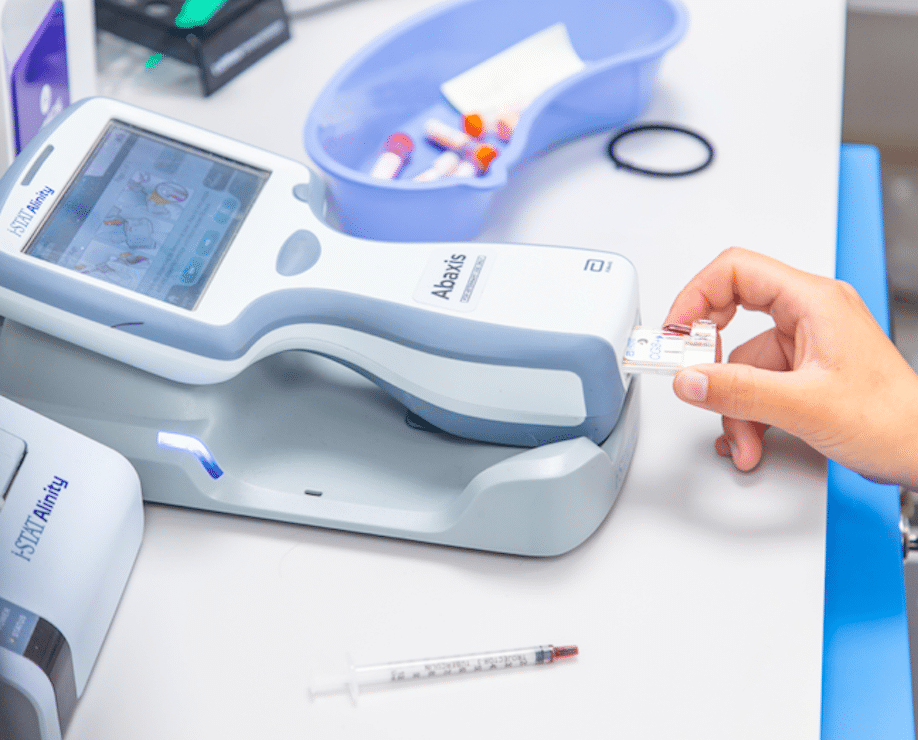Help Us Use Antibiotics Responsibly
November 10, 2022

This week we’re supporting the World Health Organisation’s World Antimicrobial Awareness Week.
Antibiotic resistance is a growing problem in human and veterinary medicine. A significant contributing factor is the inappropriate and overuse of antibiotics. At Southfields Veterinary Specialists, we’re committed to using antibiotics responsibly.
What are antimicrobials?
An antimicrobial is an agent that kills microorganisms or stops their growth. For example, antibiotics are used against bacteria, and antifungals are used against fungi.
For years now, in both human and veterinary medicine, antimicrobial medications have been the driving force in providing effective medical treatment against infections caused by microorganisms including bacteria, viruses, fungi and parasites. Infections that were once fatal are now treatable and surgical procedures have become more advanced due to our ability to treat infections.
In recent years, the medical and veterinary profession have identified that the effectiveness of antibiotics against some bacteria has changed, and that the bacteria which can resist antibiotics are increasing in frequency.
What is antimicrobial resistance?
Antimicrobial resistance (AMR) occurs when bacteria, viruses, fungi and parasites resist the effects of medications, making common infections harder to treat and leading to the development of drug-resistant strains. There is research to develop new antibiotics, but this can take years.
What can we do?
We need to use antibiotics when needed rather than just in case, as this will reduce the volume of unnecessary prescriptions. We also must use measures to reduce the chances of infection so antibiotics won’t be needed. If we don’t take these measures or act to prevent resistance, in the future the risk of infection might be so high that procedures like chemotherapy or surgery become too risky to undertake, and currently commonplace infections become fatal.
Research to develop new antimicrobial medications can take years so it’s crucial to maintain their efficacy for as long as possible.
Why is it important for veterinary medicine?
As antibacterial resistance is a growing concern in both human and animal medicine, there is some pressure to restrict veterinary use of certain antibiotics. This could have considerable implications for animal health and welfare. Veterinary professionals therefore need to be seen to be using antibacterials responsibly.
What can pet owners do to help slow down antibiotic resistance?
There are some simple ways in which you can help your pet when it comes to bacterial infection prevention.
Even just by being aware that antibiotics may not always be the answer, you will be helping vets, and vet specialists like us, to do our job by trusting our advice, and being open to alternatives. As we know antibiotic resistance is a One Health issue so taking steps to combat antibiotic resistance can help both humans and animals
Measures you can take to help reduce the incidence of infections include:
- Practising good hygiene in particular hand washing
- Showing diligence when it comes to caring for your animal day-to-day
- Keeping pet areas clean and keeping a track of your pet’s behaviour, so that you notice any changes or irregular occurrences
Furthermore, if a vet or vet specialist does administer antibiotics, always use them as prescribed and complete the course recommended by your vet.
If your vet doesn’t prescribe antibiotics, follow their advice on the expected time frame for the condition resolving and monitor your pet for signs that things may be getting worse i.e. not progressing as expected. If your pet’s recovery isn’t going as expected, then your vet can re-examine them and revise the diagnosis if necessary.


